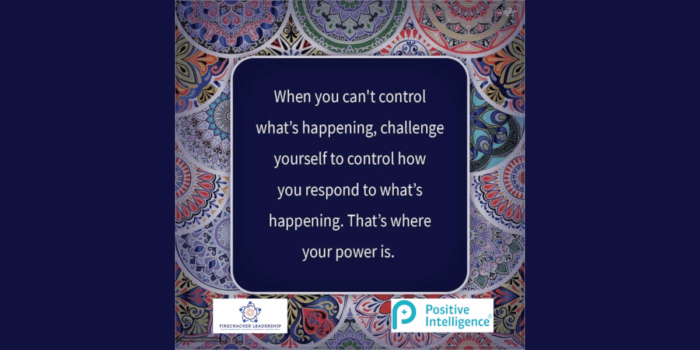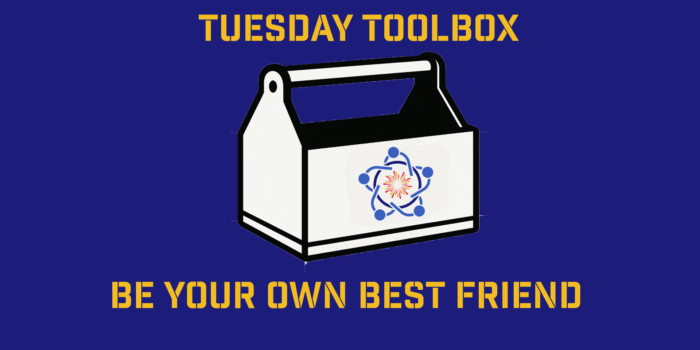This CEO World article shares three common sense ways to maximize your personal talents. Are you doing these?
As a CEO, you wear many hats. This is especially true if you’re running a startup or emerging company. Although juggling multiple priorities at once can make sense early on, it’s not a sustainable practice.
When you try to fill every role in an effort to grow your business, you dilute your ability to play to your strengths. For example, maybe you’re an incredible rainmaker. If you start taking on roles better served by a CIO, CFO, or CMO, you won’t have time to network or sell. Plus, you may not be as proficient in those other areas as you are in sales.
Instead of watering down your talents by taking on too much, start implementing the following steps. They’ll help you maximize your skills for the benefit of your company, and they’ll give others the chance to shine.
- Become a Master of Delegation
There are some responsibilities you can’t delegate as a leader, such as setting your corporate vision or taking ownership of company-wide problems. Yet, you probably have a lot on your plate that could be handled faster and better by someone with a different background or experience.Delegating may not be something that you find comfortable. But as McKinsey research on top CEOs shows, successful leadership requires a nod to appropriate delegation as part of your management processes. Certainly, you should stay on top of all your delegated tasks to ensure that your people are working cohesively. That’s much different than doing everything yourself.What happens if you don’t feel someone on your team can take on a duty? Investing in business process outsourcing (BPO) services could be a good alternative. BPO solutions let you pay for only what your organization needs without requiring you to go through hiring and onboarding. You get to delegate confidently, and you don’t have to add another person to the payroll. - Surround Yourself With a Diverse Team
It can be tempting to bring people into your business who are similar to you. The problem with that approach is that you might end up with major skill gaps across your workforce. A better recruitment strategy is to bring aboard candidates with diverse skill sets.Every time you have a new position opening, consider the abilities you most need in your workplace. For example, you might have a terrific marketing department, but no one who really understands social media. Unfortunately, that leaves you to create your social media posts — something that takes up too much time and might not feel intuitive.Making sure your next marketing hire has social media marketing talents lets you remove social media creation and posting from your calendar. A research paper from Washburn University shows a correlation between organizational diversity and improved fiscal performance. So, the more diverse your team is in a broad sense, the higher your chances are of being more profitable. - Take an Inventory of Your Gifts
It might have been a while since you sat down and asked yourself what you do best, as well as what you like to do most. Now is the perfect time to revisit this experience. Conducting an honest self-assessment helps you see exactly where you should be spending most of your time. What is “most”? A great rule of thumb is to follow the 80-20 rule or Pareto Principle. Spend 80% of your time on what you’re talented at doing. The other 20% of your time can be divided into tasks that aren’t your strongest points.If you find it difficult to be objective during this process, talk to people you trust to gather feedback. These could be anyone from a colleague to a mentor to your old college roommate. Be open to hearing what they say, even though it might be surprising or not dovetail with what you assumed about yourself. This isn’t a criticism of you as a person. It’s a deep dive into where you need to concentrate the bulk of your efforts for the good of your organization and its future.It’s worth mentioning that your talents may differ from what they were years ago, so don’t rely on memory alone. Look at what you’re doing in the here and now. You’ve probably become more well-versed than you realize in countless areas.
Your company needs your leadership and talents. However, you shouldn’t feel like you have to do everything better than everyone else. Take the pressure off your shoulders. Give away projects and assignments that don’t align with your capabilities. Just concentrate most of your energy on what you do well. The rest will fall into place.
Written by Dr. Anthony Decoste.



